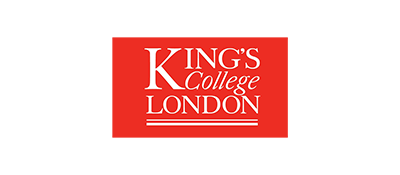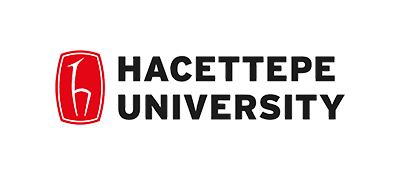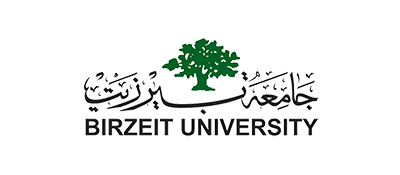Programs
CONFLICT MEDICINE PROGRAM |CMP
ABOUT CMP
Launched in May 2016, the Conflict Medicine Program (CMP) at the Global Health Institute is the first of its kind to be established within a civilian academic institution. The CMP combines academic expertise with AUB’s strategic location in the MENA that offers direct access to conflict zones and populations impacted by conflict. Through an established conceptual framework, CMP aims to address the biological, psychological and social consequences of wounding and trauma from war. This framework builds on local, regional, and international partnerships to engage professionals from academic and nonacademic organizations from across specialties and disciplines to treat, recover, and rehabilitate war injuries amongst civilians by applying a comprehensive approach.
CMP aspires to become the global leader for research and training on conflict and health by integrating rigorous research, theory, teaching, and practice. Through this platform, CMP aims to translate knowledge from war zones into expertise by educating and training health professionals on innovative research and clinical skills to treat large numbers of war injuries and war-related afflictions.

Creating an evidence-based resource
Training health professionals in managing war wounds
Translating research and experience into expertise
Establishing guidelines
THE TEAM
ONGOING PROJECTS

iPrOTeCT
NIHR GLOBAL HEALTH RESEARCH GROUP ON PHYSICAL TRAUMA FROM INJURY & POST CONFLICT
Building on the previous PrOTeCT project, iPrOTeCT aims to address the bio-psychosocial burden of war-related injuries
PREVIOUS PROJECTS
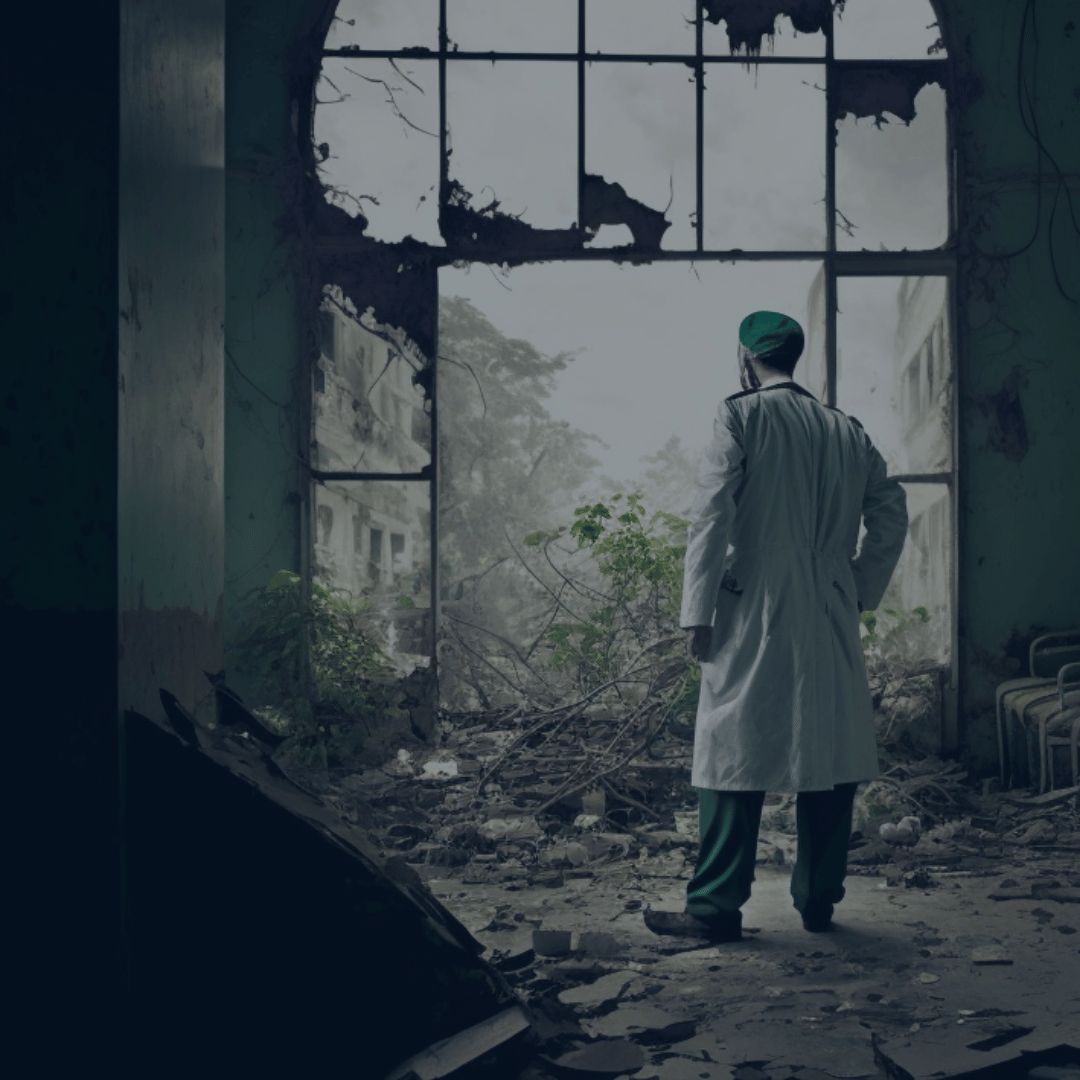
PrOTeCT
NIHR GLOBAL HEALTH RESEARCH GROUP ON POST CONFLICT TRAUMA
Understanding the long-term burden of conflict trauma using an interdisciplinary approach in collaboration with the Centre for Injury Studies at Imperial College London
Learn more Stakeholder Meeting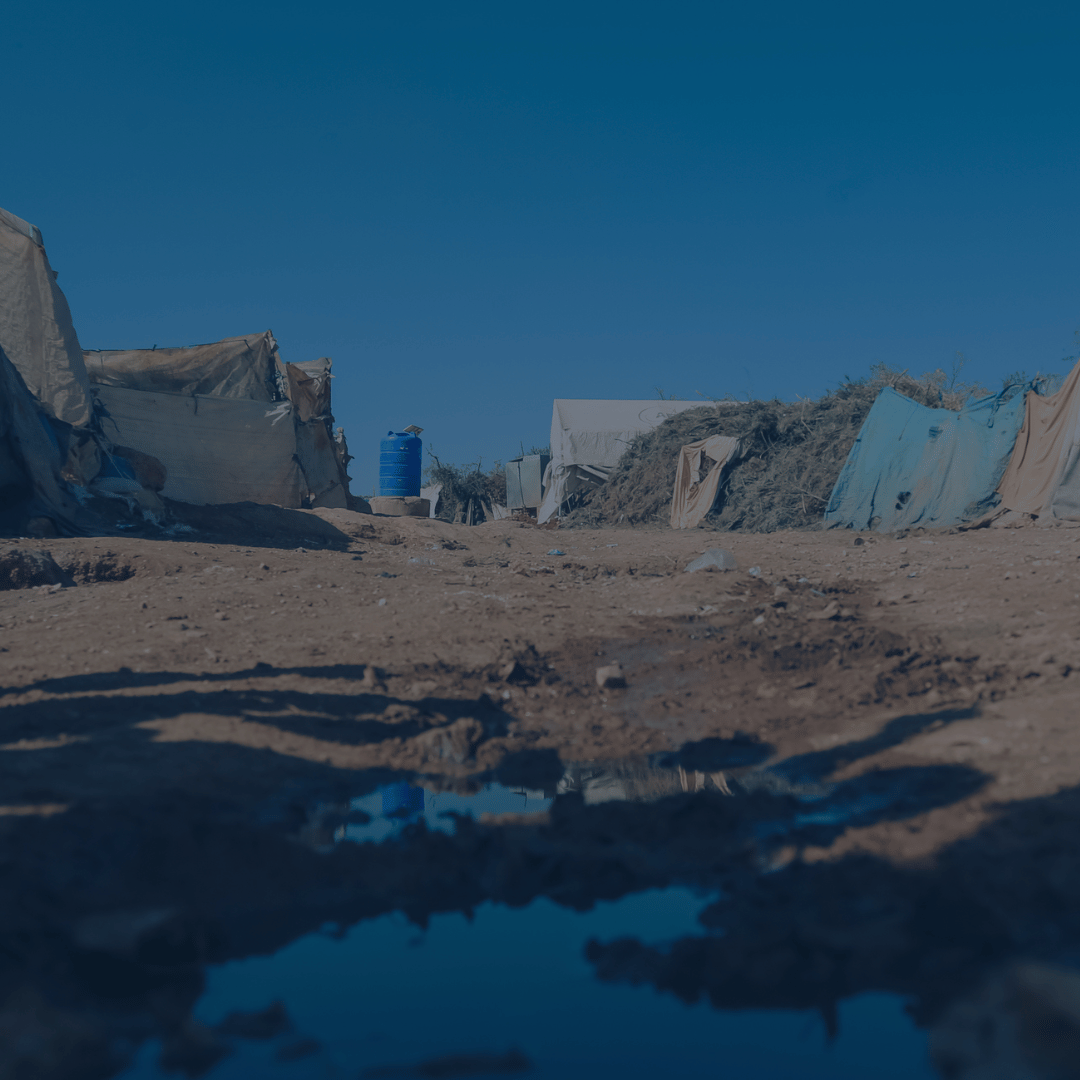
WAMREW
WASH AND AMR IN AN ECOLOGY OF WAR
Building the network to tackle the spread of anti-microbial resistance through water in protracted conflicts
Learn more
R4HC-MENA
Research for Health in Conflict – developing capability, partnerships and research in the Middle and Near East (MENA): in collaboration with King’s College London
Learn more









